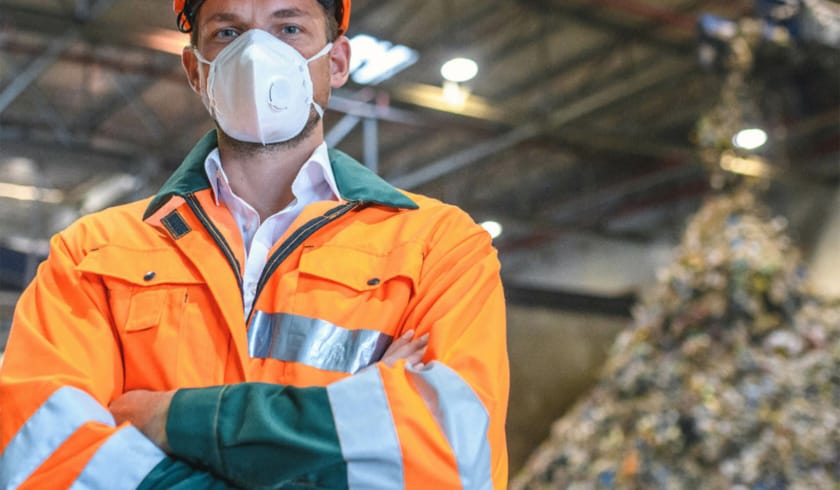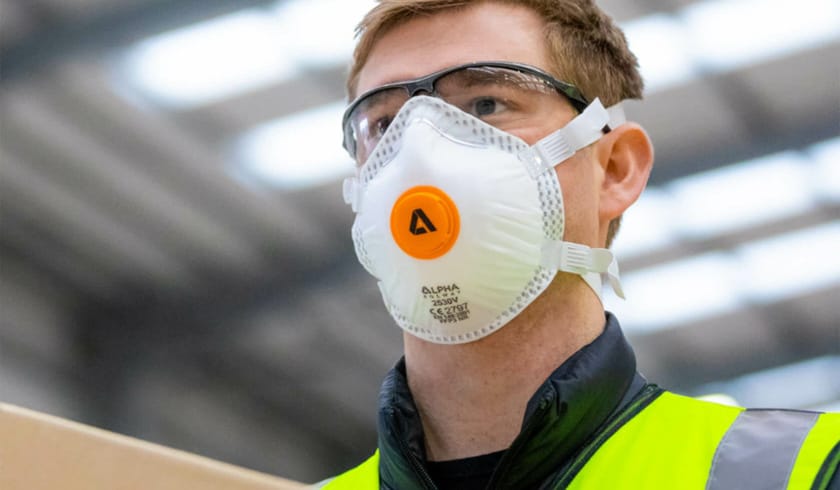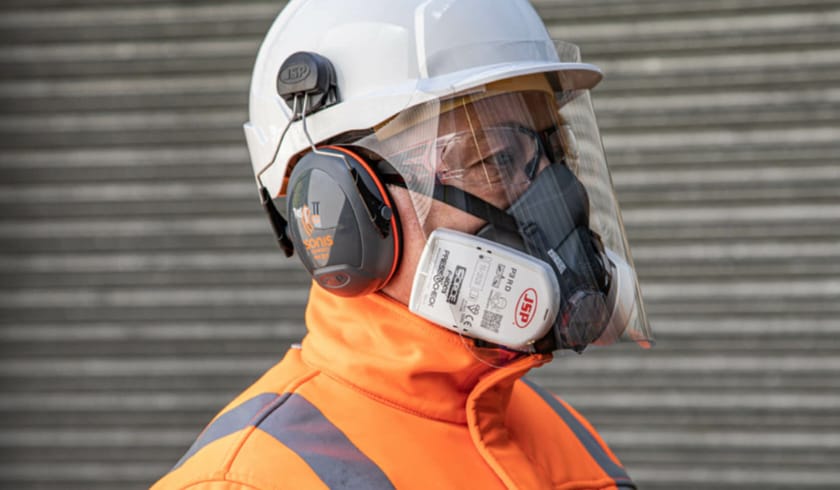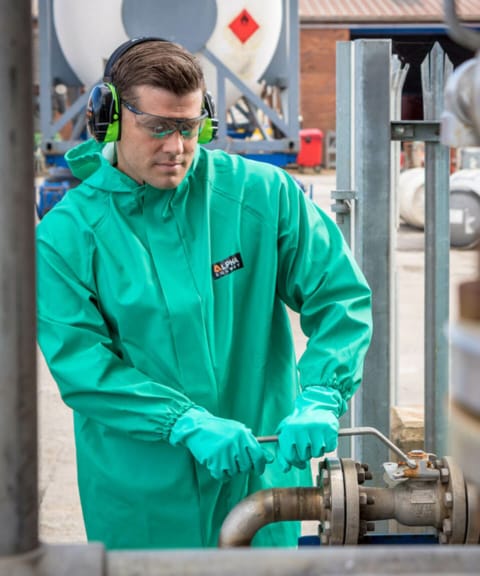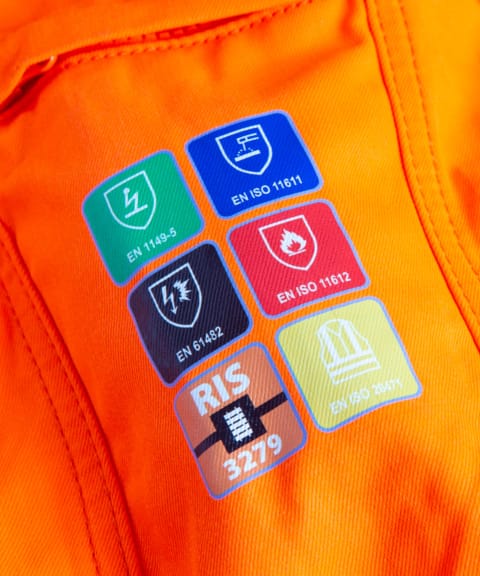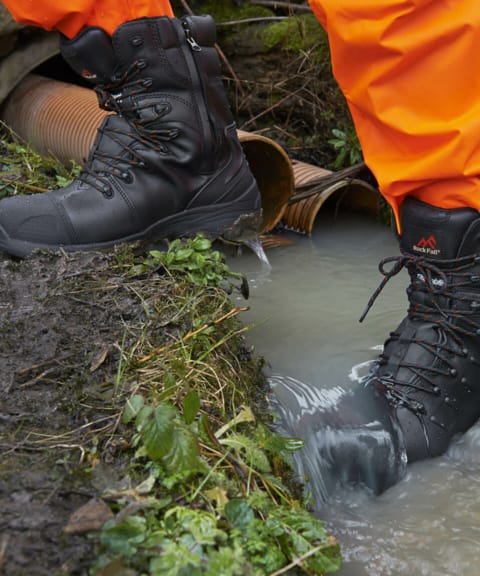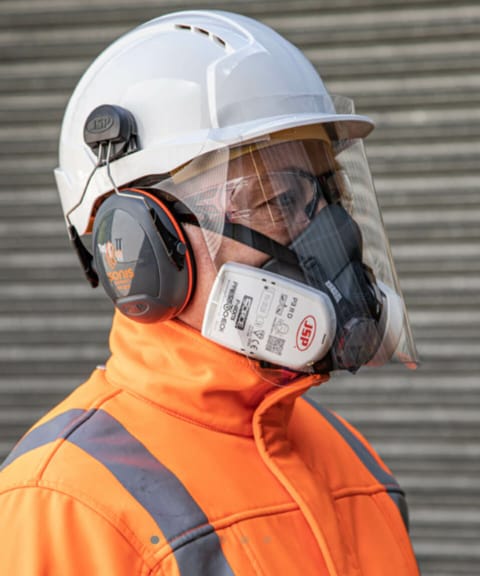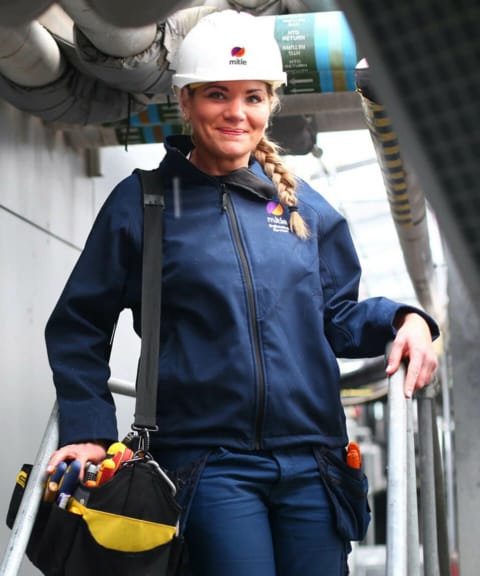
Best-in-Class Respiratory PPE
From full face masks and powered respirators to self-contained breathing apparatus, our RPE can help protect every worker.






Filtration You Can Depend On

Protect your frontline teams from contaminants with our wide range of Respiratory Protective Equipment (RPE)
Whether you need dusk masks, half-face filter masks, full-face filter masks, or powered air-purifying respirators, DCC can keep your staff safe in even the harshest working environments.
From laboratories and care homes to construction sites and manufacturing plants, we can help you navigate the complexity of choosing the right RPE across your sites.
With DCC, compliance and safety is guaranteed across every site.
Get in touchBreathe Easy with DCC
For decades, DCC has advised and supplied multi-sited organisations like yours with the most effective face protection, keeping workforces safe, comfortable and compliant.






Commonly asked questions
Need advice on what type of respiratory protection to choose? Let us help.
